Michael Crichton’s The Lost World serves as a thrilling sequel to his groundbreaking novel, Jurassic Park, and it dives deeper into the ethical and moral dilemmas surrounding genetic engineering and the consequences of humanity's hubris. Set six years after the catastrophic events on Isla Nublar, where dinosaurs roamed free and ultimately led to chaos, the narrative shifts to Isla Sorna, also known as Site B, where remnants of the Jurassic experiment still linger. Crichton masterfully intertwines science fiction with adventure, creating a gripping tale that explores the boundaries of human ambition.
The novel opens with a sense of foreboding, as rumors circulate about surviving dinosaurs on Isla Sorna. This sets the stage for a new expedition, led by Dr. Ian Malcolm, who returns as a central character. Malcolm, a mathematician and chaos theorist, embodies the voice of reason and caution throughout the narrative. His character development is particularly compelling; he grapples with the trauma of his past experiences on Isla Nublar while simultaneously confronting the ethical implications of resurrecting extinct species. Crichton’s portrayal of Malcolm is nuanced, showcasing his vulnerabilities alongside his intellectual prowess, making him a relatable and complex protagonist.
Alongside Malcolm, Crichton introduces a diverse cast of characters, each with their own motivations and backgrounds. Sarah Harding, a field biologist, emerges as a strong female lead, showcasing intelligence and bravery. Her character challenges traditional gender roles often found in adventure narratives, as she is not merely a sidekick but an integral part of the team. The dynamic between Malcolm and Harding adds depth to the story, as they navigate their professional relationship amidst the chaos of their surroundings.
Another notable character is Eddie Carr, a field equipment specialist whose expertise is crucial for the expedition. His character serves as a reminder of the human cost of scientific exploration, as he faces the dangers of the island head-on. Crichton’s ability to develop these characters allows readers to invest emotionally in their fates, heightening the tension as they encounter the prehistoric creatures that inhabit Isla Sorna.
Thematically, The Lost World delves into the concept of chaos theory and the unpredictability of nature. Crichton emphasizes that despite humanity's advancements in science and technology, the natural world remains uncontrollable. This theme resonates throughout the narrative, particularly as the characters confront the consequences of their actions. The dinosaurs, once seen as mere scientific marvels, become symbols of nature's wrath, reminding readers that tampering with the natural order can lead to disastrous outcomes.
Crichton also explores the ethical implications of genetic engineering, questioning the morality of resurrecting extinct species for human entertainment or scientific curiosity. The novel raises important questions about the responsibilities of scientists and the potential consequences of their actions. As the characters navigate the dangers of Isla Sorna, they are forced to confront the reality that their pursuit of knowledge may come at a significant cost.
In terms of pacing, Crichton maintains a brisk tempo that keeps readers on the edge of their seats. The action sequences are expertly crafted, blending suspense with moments of introspection. Crichton’s vivid descriptions of the island's lush landscapes and the terrifying presence of the dinosaurs create a palpable sense of danger, immersing readers in the world he has created. The tension builds steadily, culminating in thrilling encounters that showcase the ferocity of the dinosaurs and the fragility of human life.
Comparatively, The Lost World stands out among other works in the science fiction genre, particularly in its exploration of the consequences of scientific advancement. Similar to works by authors like H.G. Wells and Aldous Huxley, Crichton presents a cautionary tale that warns against the unchecked pursuit of knowledge. However, unlike Wells’ The Island of Doctor Moreau, which focuses on the ethical dilemmas of hybridization, Crichton’s narrative is rooted in the tangible consequences of genetic manipulation, making it a more immediate and relatable cautionary tale for contemporary readers.
The novel also draws parallels with contemporary discussions surrounding biotechnology and environmental ethics. As society grapples with the implications of genetic engineering, cloning, and conservation, Crichton’s narrative remains relevant, prompting readers to reflect on the moral responsibilities that come with scientific progress. The tension between human ambition and the natural world serves as a poignant reminder of the delicate balance that must be maintained.
In conclusion, The Lost World is a compelling sequel that not only entertains but also provokes thought about the ethical implications of scientific exploration. Michael Crichton’s ability to weave complex characters, thrilling action, and profound themes into a cohesive narrative makes this novel a standout in the realm of science fiction. As readers journey through the dangers of Isla Sorna alongside Malcolm and his team, they are left to ponder the consequences of humanity's relentless pursuit of knowledge and the unpredictable nature of the world we inhabit. Crichton’s work serves as a timeless reminder that while science can unlock new possibilities, it is essential to tread carefully in the realm of the unknown.
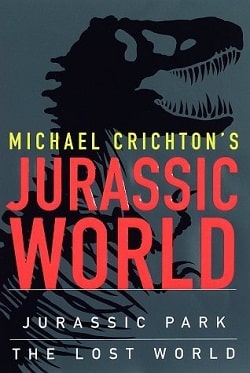





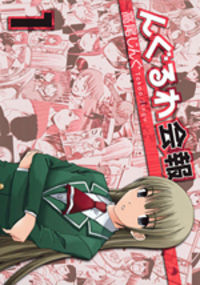
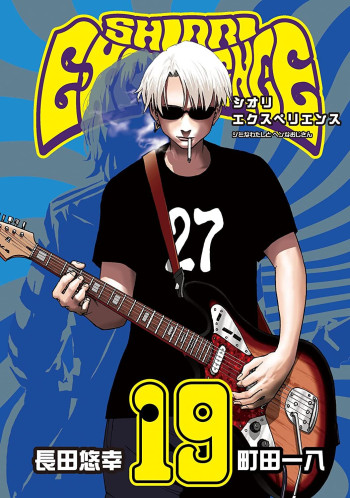
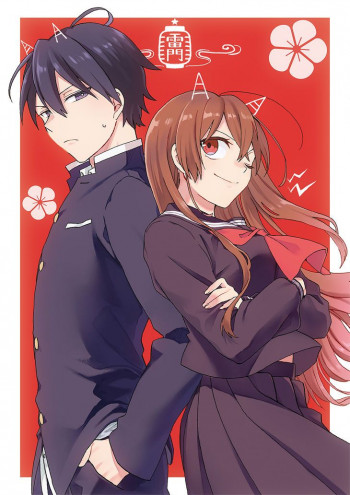
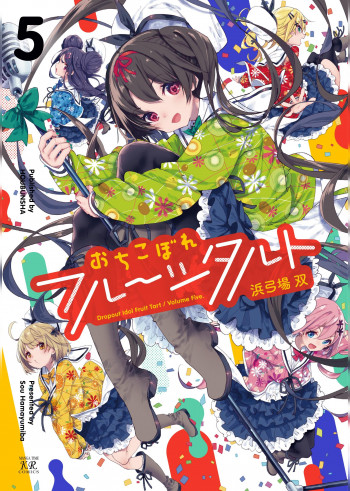
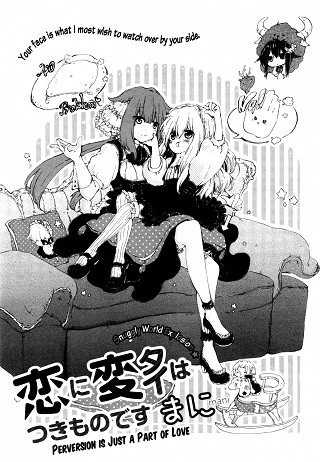
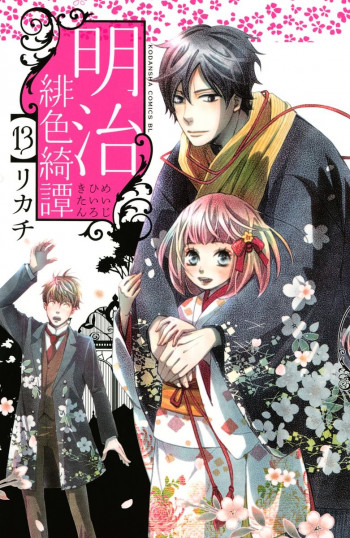
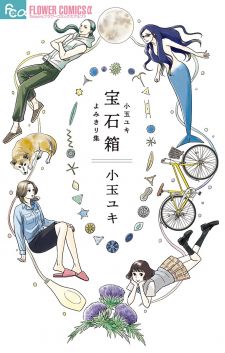











Reviews 0
Post a Reviews: